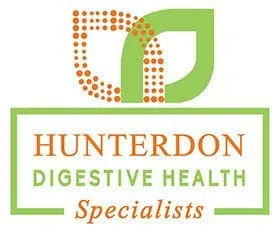Nonalcoholic fatty liver disease is a build up of extra fat in the liver NOT caused by alcohol. The liver normally has some fat; however, if more than 5-10% of the liver's weight is fat, then it is described as fatty liver (or steatosis).
NAFLD is a growing global health problem, affecting roughly ¼ or 1/3 of individuals in the United States. A woman’s risk for fatty liver increases after menopause.
Risk factors include:
Obesity
Diabetes
Pre-diabetes
Insulin resistance
High cholesterol
High triglycerides
Fatty liver is associated with an increased risk of cardiovascular disease, whether or not you have other risk factors for cardiovascular disease like obesity and diabetes.
Diagnosis is typically made by a combination of elevated liver function blood tests and ultrasound findings.
What is the treatment for NAFLD? Can I get rid of the fat in my liver?
Aggressive management of metabolic syndrome, diabetes, pre-diabetes, high cholesterol and obesity are key.
Gradual weight loss and good control of blood glucose levels are recommended for all patients with fatty liver. Weight loss should be gradual, as some research suggests losing weight too fast could accelerate the disease process. Studies show that losing even a small amount of weight can improve liver enzyme function, and reduce liver inflammation caused by the extra fat.
What is the difference between NAFLD and Nonalcoholic Steatohepatitis (or NASH)?
In some cases, nonalcoholic fatty liver disease may progress on to another more serious condition known as Nonalcoholic Steatohepatitis (or NASH). NASH is an aggressive form of fatty liver disease that causes inflammation and damage to liver cells that can lead to fibrosis (or hardening of the liver), cirrhosis of the liver, liver failure, and even liver cancer (also known as hepatocellular carcinoma or HCC).
Patients with NASH should NOT consume any alcohol. Alcohol in patients with NASH is detrimental and has been shown to lead to liver cancer when consumed in ANY quantity.
